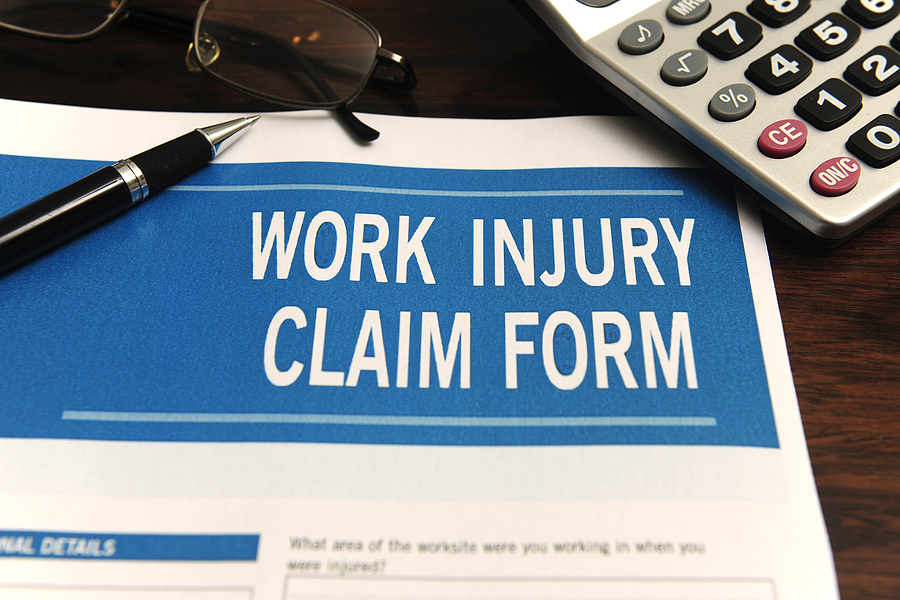Workplace injuries can be a daunting experience, leaving the injured worker grappling with not only physical pain but also a labyrinth of paperwork, legalities, and procedures. The key to navigating this complex process successfully lies in understanding the rules and regulations surrounding workers’ compensation claims in Indiana.
Like Indiana, each state has set guidelines which, if followed diligently, can help ensure fair and just compensation for the injuries sustained. This blog shall guide you through the essentials of filing a workers’ compensation claim in Indiana, providing you with the necessary knowledge to secure your rightful benefits. Buckle up as we walk you through this crucial process.

Understanding Workers’ Compensation in Indiana
Workers’ compensation is an insurance program that provides benefits to employees who suffer work-related injuries or illnesses. It serves as a safety net for workers, ensuring they receive medical treatment and financial support while recovering from their workplace injury. In the state of Indiana, workers’ compensation is governed by the Indiana Worker’s Compensation Act (IWCA), which outlines the rights and responsibilities of both employers and employees in case of a workplace injury.
Reporting a Workplace Injury
The first step in filing a workers’ compensation claim in Indiana is to report the injury to your employer. According to IWCA, employees have 30 days from the date of injury to inform their employers about the incident. However, it is best practice to report the injury immediately or as soon as possible after seeking medical attention. Failure to do so may result in denial of your claim.
Seeking Medical Attention
As an injured worker in Indiana, you are entitled to receive medical treatment from a healthcare provider chosen by your employer or their insurance company. It is essential to communicate all injuries and symptoms accurately to your doctor and inform them that the injury occurred at work. This documentation will serve as evidence for your workers’ compensation claim.
Filing a Claim
After receiving medical treatment, you should file a claim with the Worker’s Compensation Board of Indiana. You can do this by completing and submitting Form 29109, which is available on their website. The form requires details about your injury, healthcare provider, and any lost wages or expenses incurred due to the injury. Make sure to provide all necessary information accurately to avoid any delays in processing your claim. It is recommended to consult a workers’ comp lawyer first before submitting any legal paperwork or filing any documents. They can ensure your rights are protected.
Attending Hearings
In case your claim is disputed, you may be required to attend a hearing in front of an administrative law judge. During this hearing, both parties will present their case and provide evidence to support their arguments. It is crucial to have a thorough understanding of the facts and evidence presented to make a strong case for your claim. A personal injury attorney specializing in workers’ compensation cases can represent you during this hearing and throughout the legal process.
Potential Outcomes
After reviewing the evidence and hearing both sides, the judge will make a decision on whether to approve or deny your claim. If approved, you will receive benefits such as medical treatment coverage, temporary total disability payments, and permanent partial impairment payments if applicable. In case of a denial, you may have the option to appeal the decision. Your workplace injury attorney can also help you with the appeals process.
Conclusion
Filing a workers’ compensation claim in Indiana may seem like a daunting task, but with the right knowledge and legal support, it can be navigated successfully. Remember to report your injury promptly, seek medical attention, hire a workers’ compensation attorney, and provide accurate information when filing your workplace injury claim. We hope this blog has provided you with valuable insights into the process of filing a workers’ compensation claim in Indiana.
Are you an injured Indiana worker looking for the maximum benefits for your damages and losses? Call Craven, Hoover, and Blazek P.C. at 317-881-2700 to schedule a free case evaluation with a workers’ comp lawyer in Indianapolis, Indiana. We represent injured victims all across the state, including Indiana residents injured in other states and residents of other states injured in Indiana. We can hold meetings over the phone, at your home, online, or at the hospital if necessary.
Related Posts:
How Financial Compensation Works in Personal Injury Claims
Steps to Take After an Injury at Work
Which Injuries Qualify For Workers’ Compensation in Indiana?
